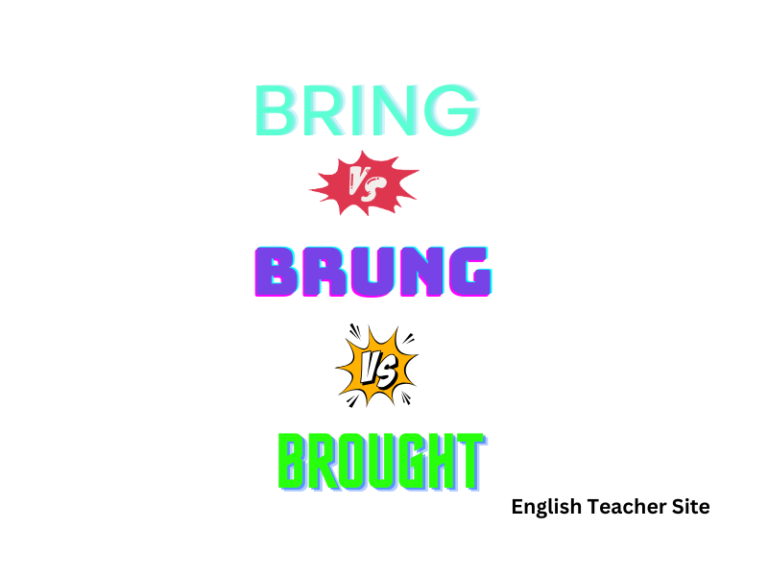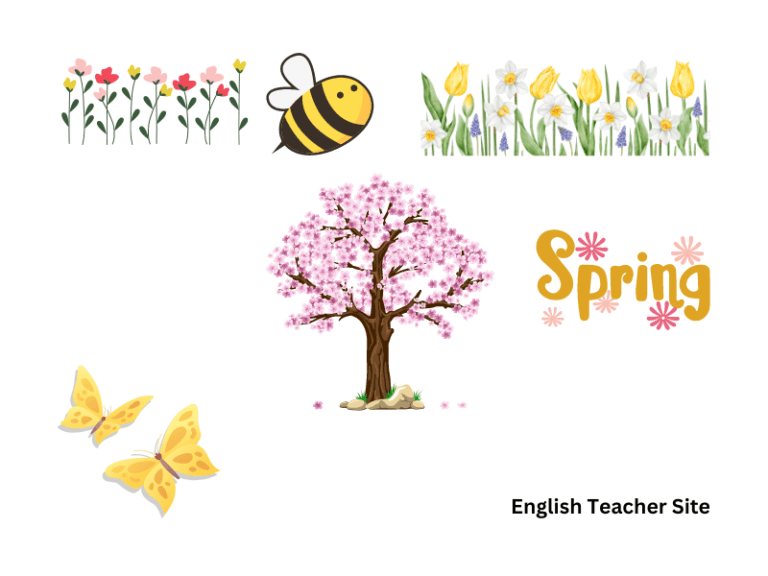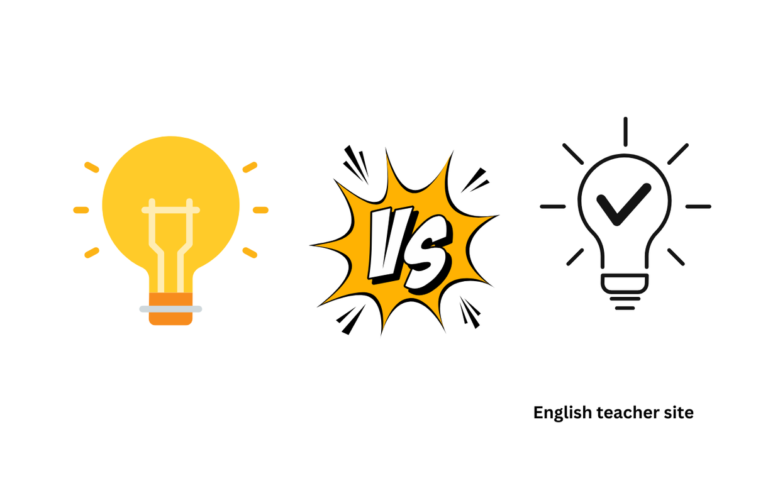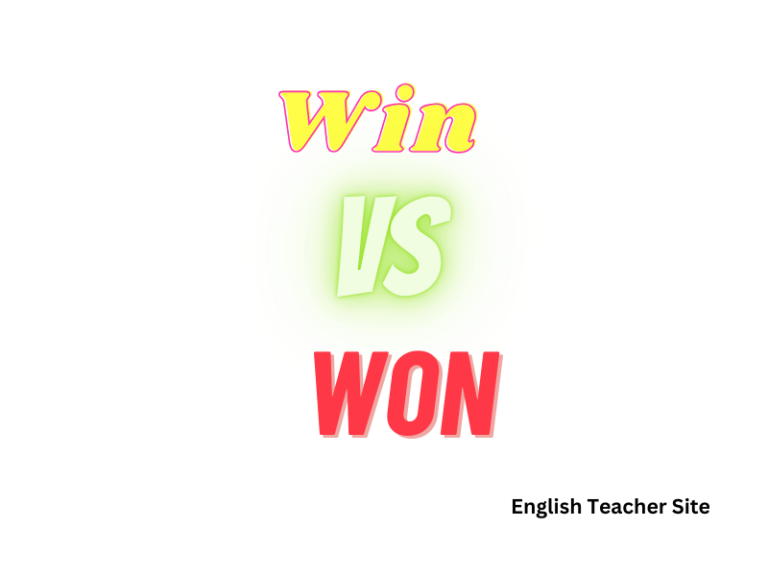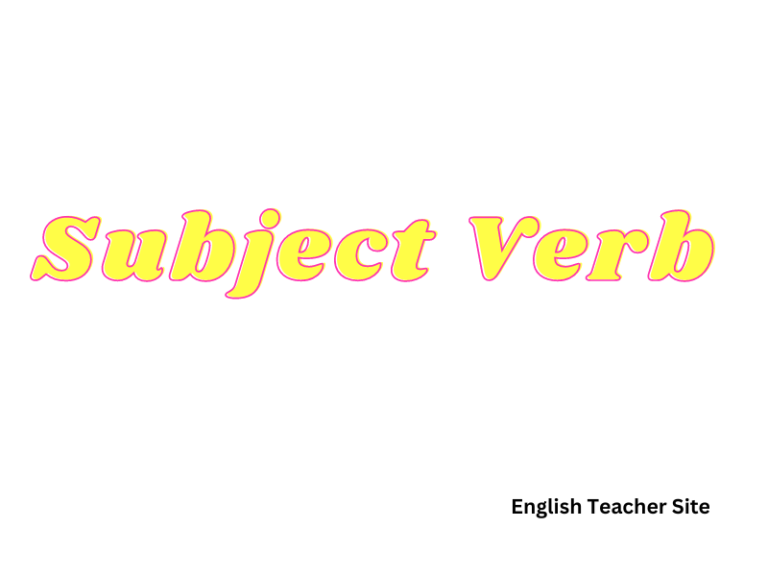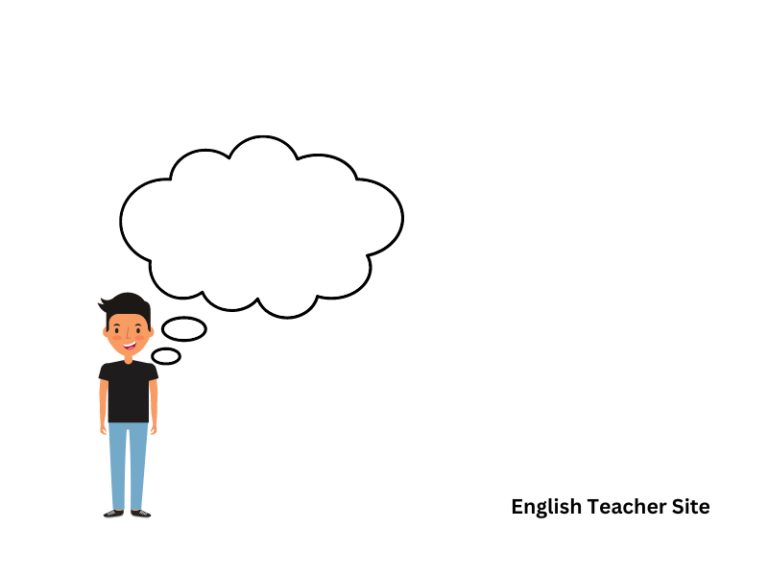What’s the Past Tense of Spill: Understanding Simple Past Tense Verbs
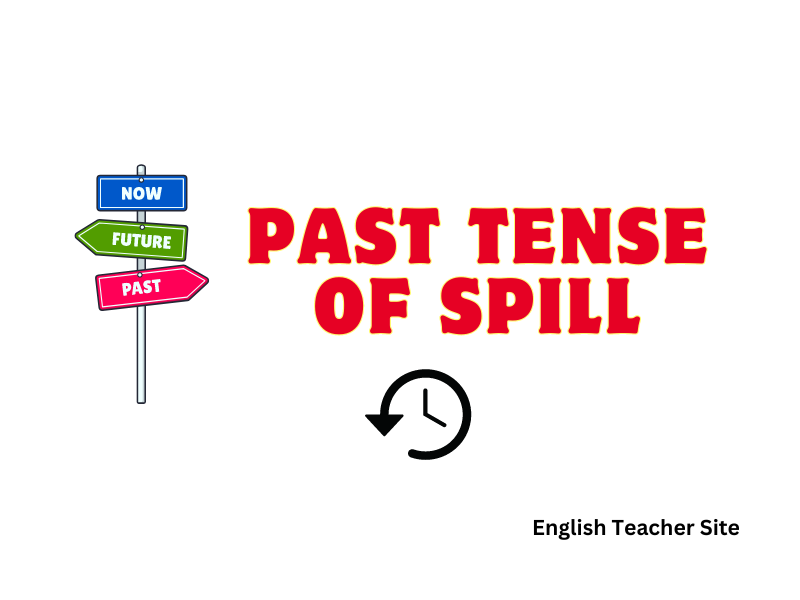
- Both “spilled” and “spilt” are accepted as the past tense of “spill,” with “spilled” used commonly in American English and “spilt” in British English.
- “Spill” is a verb that describes liquid flowing over the edge of a container or broadly refers to the act of something, typically a liquid, running over the edge of its container.
- Understanding whether verbs are regular or irregular aids in determining their correct past tense forms, and “spill” is a verb that showcases this with its two past tense variants.
The word “spill” itself is a verb that can refer to liquid flowing over the edge of a container, or more generally, to cause or allow something, especially liquid, to run over the edge of its container. Whether a verb follows regular or irregular conjugation patterns can alter its past tense form, and “spill” happens to be one such verb that allows for two past tense options. When constructing sentences in the past tense, it is essential for the verb form to be correct to maintain the sentence’s clarity and accuracy.
Is it Spilled or Spilt? What’s the Past Tense of Spill?
The verb “spill” can be transformed into the past tense as either “spilled” or “spilt.”
The two variants, spilled and spilt, hold a distinction that is primarily based on the variant of English being used.
For speakers of American English, “spilled” is predominantly the accepted past tense form. However, British English speakers may use either “spilled” or “spilt,” with “spilled” being more common but “spilt” widely accepted in informal contexts.
To illustrate the usage, consider the below tables:
American English:
| Present Tense | Past Tense | Past Participle |
|---|---|---|
| spill | spilled | spilled |
British English:
| Present Tense | Past Tense | Past Participle |
|---|---|---|
| spill | spilt/spilled | spilt/spilled |
When selecting which form to use, consider the audience and the context. For formal writing, especially in American English, “spilled” might be more suitable. In contrast, for a more informal tone or when addressing British audiences, “spilt” remains an acceptable alternative.
Here are a few examples to demonstrate correct usage:
- American English: He accidentally spilled the milk on the floor.
- British English: She spilt her tea, but it was quickly cleaned up.
Forms of Spill
The basic forms of ‘spill’ are:
- The base form ‘spill’
- The simple past forms ‘spilled’ and ‘spilt’
- The past participle forms also ‘spilled’ and ‘spilt’
| Tense | Form |
|---|---|
| Present | spill |
| Past | spilled / spilt |
| Past Participle | spilled / spilt |
In modern usage, both ‘spilled’ and ‘spilt’ are acceptable for the past tense and past participle forms. However, ‘spilled’ tends to be more commonly used, especially in American English.
- I often spill water when I’m filling my glass too quickly.
- Yesterday, he spilled juice on the carpet.
- She had never spilt a drop before today.
- They have spilled the same chemical twice this month.
The verb ‘spill’ also appears in various progressive and perfect tenses:
| Tense | Form |
|---|---|
| Present Progressive | is/am/are spilling |
| Past Progressive | was/were spilling |
| Present Perfect | has/have spilled/spilt |
| Past Perfect | had spilled/spilt |
Explanation: Spilt or Spilled
British vs. American Usage
The distinction between “spilled” and “spilt” largely comes down to the variant of English in use.
| Form | British English | American English |
|---|---|---|
| Spilled | Commonly used | Predominantly used |
| Spilt | Acceptably used | Less common |
Both forms are past tense and past participle of “to spill,” although “spilled” tends to dominate in American English, while “spilt” is more traditionally British but still understood and accepted.
Contextual Use
In the context of everyday language, both “spilled” and “spilt” can be used, although some may argue “spilt” sounds more formal or archaic.
- The waiter spilled the water.
- She spilt milk on the tablecloth yesterday.
Examples of Spill in Present Tense
The word “spill” is commonly used to describe the act of liquid accidentally flowing over the edge of a container. In the present tense, “spill” takes various forms depending on the aspect of the action one wishes to convey.
Simple Present Tense
This aspect is used to describe habitual actions or general truths.
Singular:
- He spills his coffee almost every morning.
- She spills the tea when she’s nervous.
- It spills when the container is full.
Plural:
- They spill crumbs on the table during breakfast.
- We spill seeds in the garden for planting.
Present Continuous Tense
The present continuous tense describes actions happening right now.
Singular:
- He is spilling water as he walks.
- She is spilling some sugar onto the floor.
- It is spilling due to the hole in the bucket.
Plural:
- They are spilling paint on the canvas on purpose.
- We are spilling our thoughts in the meeting right now.
Present Perfect Tense
Reflects actions that have occurred at an unspecified time before now.
Singular:
- He has already spilled the beans about the surprise.
- She has spilled ink on her shirt.
Plural:
- They have spilled much during the gala dinner.
- We have spilled some details about the upcoming event.
Present Perfect Continuous Tense
Focuses on the duration of an action that began in the past and continues into the present.
- He’s been spilling water all along the way.
- She’s been spilling the details of her trip since she arrived.
Examples of Spilled/Spilt in Past Tense
| American English (Preferred) | British English (Less Common) |
|---|---|
| She spilled the wine on the carpet. | She spilt the wine on the carpet. |
| He had spilled his coffee before even starting his work. | He had spilt his coffee before even starting his work. |
- In reference to a past action completed at a definite time in the past:
- Last night, they spilled/spilt milk on the floor.
- He spilled/spilt the beans about the surprise party minutes after learning about it.
- Regarding the past participle form in perfect tenses:
- She has spilled/spilt water all over the documents.
- They have finally cleaned up the juice that was spilled/spilt.
Examples of Spilled/Spilt as a Past Participle
Perfect Tenses:
| Present Perfect | Past Perfect |
|---|---|
| She has spilled the water. | She had spilt the milk. |
| They have spilled the beans. | They had spilt the ink. |
The past participle is essential in constructing the perfect aspect, demonstrating an action that was completed by a specific time.
Passive Voice:
In the passive voice, the object of an action becomes the subject of the sentence.
- The soda was spilled on the floor.
- The ink had been spilt across the document.
- Mistakes have been spilled in reports, requiring revisions.
Origin of the Word Spill
Understanding the etymology of words enriches our grasp of the English language. The word spill has a history that dives into the evolution of language itself.
Old English Roots:
The term spill can be traced back to Old English, with the verb spillan, which carried the heavy meanings associated with destruction or killing, often in a brutal manner. This sense of the word underscored a waste or loss, a far cry from the contemporary usage of the term related to dropping or overflowing liquids.
| Old English | Description |
|---|---|
| spillan | To destroy, kill, or waste |
| spildan | A variant also meaning to destroy |
Proto-Germanic Influence:
The origins continue into the Proto-Germanic *spilthjan, from which the Old English term likely derived. The influence of Proto-Germanic is evident in the cognates found across other Germanic languages.
| Language | Term | Meaning |
|---|---|---|
| Old High German | spildan | To spill |
| Old Saxon | spildian | To destroy, kill |
| Old Norse | spilla | To destroy |
Modern Usage:
The journey of the word spill to its modern form shows a transition from themes of destruction to the accidental act of causing a liquid to flow over the edge of a container.
- Spilled or spilt? Both are correct, with “spilled” being more common in American English, and “spilt” preferred in British English, though the usage varies.
Sources
My name is Khamis Maiouf. I am the creator of the English Teacher Site, dedicated to providing valuable resources and insights for students around the world. With a passion for education and a commitment to helping students enhance their skills, I aim to make English teaching more effective and enjoyable for both educators and students.

